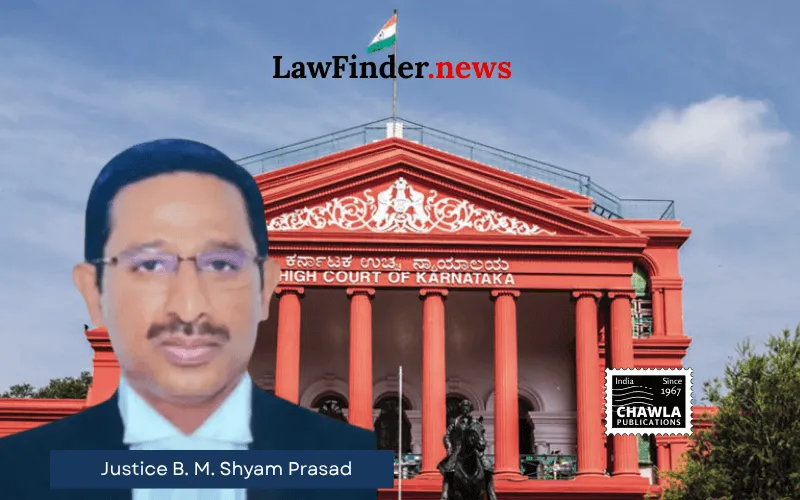In a significant judgment, the Supreme Court of India has ruled against a discriminatory government notification that barred educators with teaching experience outside West Bengal from benefiting from extended retirement age provisions. This ruling came in the case of Subha Prasad Nandi Majumdar v. State of West Bengal, where the apex court has reinforced the importance of equality norms under Article 14 of the Constitution of India.
Case Background:
Subha Prasad Nandi Majumdar, the appellant, challenged a Division Bench decision that upheld a state notification dated February 24, 2021. The notification increased the retirement age from 60 to 65 years for certain non-teaching staff in State-aided Universities and Colleges. However, it imposed a condition requiring 10 years of continuous teaching experience in West Bengal to qualify for the extension. The appellant contended that this geographic limitation was discriminatory and violated equality principles.
Supreme Court's Decision:
The Supreme Court, in a judgment delivered by Justices Pamidighantam Sri Narasimha and Manoj Misra, struck down the arbitrary classification embedded in the notification. The court held that the term "any State-aided University or College" should include institutions outside West Bengal. It emphasized that excluding individuals based on the geographic location of their prior experience lacks a rational nexus and is discriminatory.
The court underscored that statutory interpretations must consider the text, context, purpose, and object to avoid creating artificial classifications that violate equality norms. It rejected the argument that the notification should be understood narrowly based on definitions introduced by the 2017 amendment to the West Bengal Universities (Control of Expenditure) Act, 1976.
Implications of the Ruling:
This judgment has far-reaching implications for the interpretation of statutory provisions and executive decisions. The Supreme Court has reiterated that executive decisions creating artificial classifications based on parochial interests must be struck down. The ruling is a reminder of the judiciary's role in safeguarding equality, fraternity, and unity across the nation.
Legal Precedents Referenced:
The Supreme Court referenced several cases, including Harshendra Choubisa v. State of Rajasthan and J.S. Rukmani v. Govt. of T.N., to reinforce its stance against discriminatory practices. These precedents highlight the court's consistent approach in ensuring that executive actions align with constitutional values.
Conclusion:
The Supreme Court's decision in Subha Prasad Nandi Majumdar v. State of West Bengal is a landmark ruling that promotes equality and strikes down discriminatory practices in retirement age policies. It serves as a significant precedent for future cases involving arbitrary classifications and reinforces the judiciary's role in upholding constitutional principles.
The appellant will now benefit from the extended retirement age provisions, and the State of West Bengal has been directed to comply with the ruling, ensuring that educators with relevant experience, regardless of geographic location, receive equal treatment under the law.
Subha Prasad Nandi Majumdar v. State of West Bengal Service, (SC) : Law Finder Doc Id # 2756980




